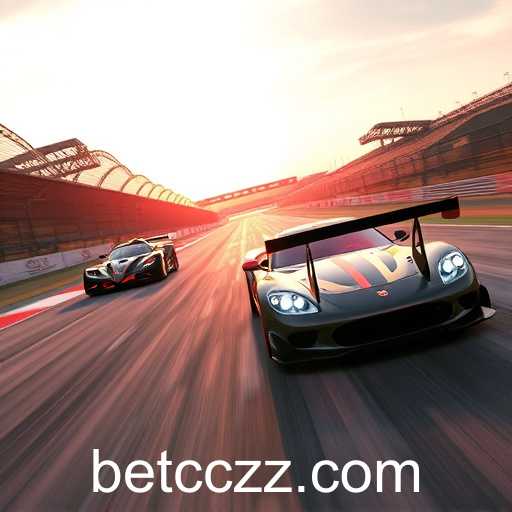In the ever-evolving world of video gaming, racing games have carved out a prominent niche, providing players with adrenaline-pumping experiences and challenging gameplay. With an abundance of racing titles available, enthusiasts and casual gamers alike are drawn to the diverse offerings within this exciting genre.
Racing games have always held a unique appeal within the gaming community, combining speed, skill, and strategy into an exhilarating package. These games offer players the chance to experience the thrill of high-speed racing, whether through realistic simulations or fantastical arcade-style gameplay. As technology has advanced, so too have the possibilities within this genre, leading to increasingly sophisticated and engaging titles.
The appeal of racing games lies in their diversity; they cater to a wide audience by offering various sub-genres and styles. For instance, simulation racing games like 'Gran Turismo' and 'Forza Motorsport' aim for realism, providing players with meticulously detailed vehicles and tracks that mirror real-world physics and engineering. These games often come with extensive customization options, allowing players to modify their vehicle setups to gain an edge in competitive play.
On the other end of the spectrum, arcade racers such as 'Mario Kart' and 'Need for Speed' prioritize fun and accessibility, often incorporating fantastical elements such as power-ups, shortcuts, and exaggerated physics. These games are typically easier for beginners to pick up, yet challenging enough for veterans seeking a dose of excitement.
One of the defining features of modern racing games is their ability to immerse players in incredibly detailed environments. Advanced graphics and sound design contribute to the feeling of being 'in the driver's seat,' while dynamic weather conditions and day-night cycles add layers of complexity to races. Additionally, multiplayer modes enable players to compete against friends or strangers worldwide, enhancing the competitive aspect and providing a sense of community.
Another exciting development in the racing genre is the incorporation of virtual reality (VR) technologies. Titles like 'Project CARS' and 'Dirt Rally' offer VR support, allowing players to experience the track from a first-person perspective, further blurring the line between the virtual and real worlds. This level of immersion can give players a more authentic racing experience, with the added thrill of seeing the track fly by in high-definition, panoramic views.
Moreover, the rise of eSports has seen racing games gain competitive status, with professional racers vying for titles and significant prize money in events like the FIA Certified Gran Turismo Championships. These competitions highlight not only the skill required to master these games but also the passion of their player base.
As the gaming industry continues to grow, the future of racing games looks promising. Developers are constantly pushing the envelope, exploring new technological opportunities and refining gameplay mechanics. With innovations like augmented reality and AI-driven racing, the genre promises to deliver even more exciting experiences for gamers worldwide.
In conclusion, racing games are more than just fast-paced entertainment; they are a testament to the creativity and technical prowess of the gaming industry. From the joy of a casual kart race with friends to the intensity of a professional eSports competition, racing games offer something for everyone, making them a beloved staple in the diverse world of video games.




